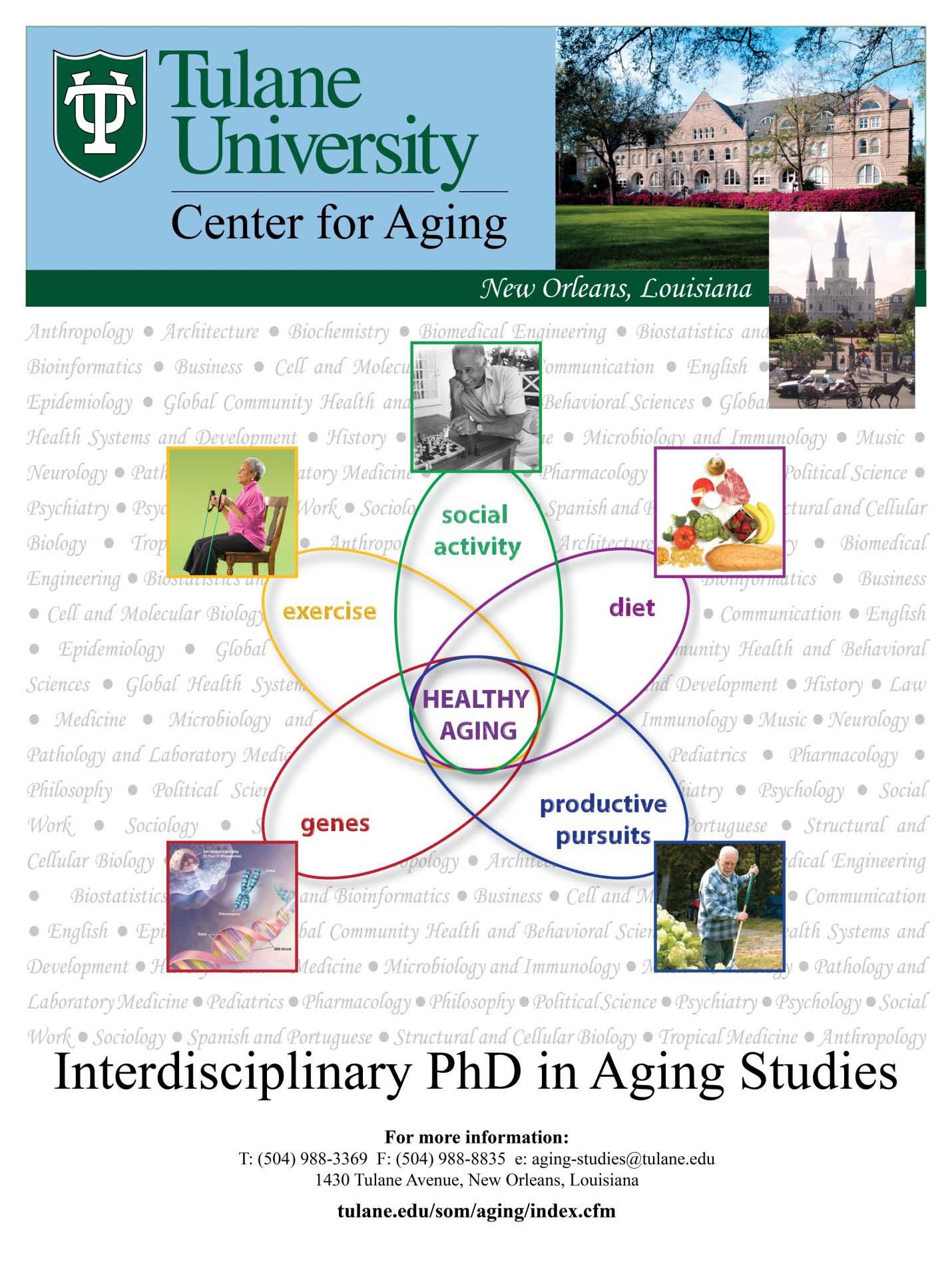
3 minute read
GSA Fellow Nominations
new resources
BSO Now Supports Online Learning for Dementia and Sexuality
Advertisement
The Behavioural Supports Ontario (BSO) Sexual Expression and Dementia Working Group has released the first e-module in its “Dementia and Sexuality” learning program. This free e-module, developed with the support of the Regional Geriatric ProgramCentral, is available on the Geriatric Essentials E-Learning website (formerly Frailty E-Learning).
“Dementia and Sexuality: An Introduction” presents four cases scenarios, inviting learners to understand how people living with dementia may express their sexual and intimacy needs. Along with debunking myths and stereotypes about sexuality and aging, this e-module explores practical strategies to support people living with dementia across various settings.
The introductory e-module is the first of a four-part series, each addressing complex themes about the sexual and intimacy needs of people living with dementia. NAC White Paper Analyzes Existing Impact of Incentives on Caregiver Services
In a new white paper published by the National Alliance for Caregiving (NAC), experts discuss incentives in the existing Medicare program that could motivate health systems and providers to offer more robust support to family caregivers. The paper specifically identifies barriers that prevent health systems and providers from providing new resources and offers innovative yet realistic solutions to help foster change. Constructed on extensive research and expert insight, NAC’s white paper informs providers, payers, and regulators, like The Centers for Medicare & Medicaid Services, of the opportunities to reduce barriers and increase formal caregiver supports in the Medicare program.
Providing clarification into how specific barriers are currently hindering the expansion of caregiver services nationally, the paper covers both organizational and the systemic level obstacles. The paper discusses significant components that contribute to systemic setbacks, including specifics around variation in payment models, insurance coverages, health care settings and provider types. Additionally, on the organizational level, the paper discusses lack of standards of care, limited awareness of revenue opportunities, and poor accessibility of billing code information. Taken collectively, these qualitative factors present a unique cluster of challenges to caregivers and to those hoping to support them.
The paper is titled “Caring For The Caregiver: Incentivizing Medical Providers to Include Caregivers as Part of the Treatment Team,” and acknowledgments are given to many GSA members.
GSA Fellows Nominations
Fellow status is the highest class of membership within The Gerontological Society of America (GSA).
The awarded status recognizes a member’s excellence in a broad scope of activities: research, teaching, administration, public service, practice, and participation within the society.
Nominations open December 15, 2021 and close February 15, 2022.
Find out more about nomination requirements and procedures at Geron.org/Fellows.
Acknowledging exceptional, ongoing work in the field of gerontology and involvement in GSA activities.
INTERDISCIPLINARY PH.D. PROGRAM IN AGING STUDIES
•Featuring an interdisciplinary curriculum with training and •Featuring an interdisciplinary curriculum with training and research opportunities that integrate novel aspects of both biomedical and research opportunities that integrate novel aspects of both biomedical and psychosocial domains psychosocial domains
•Preparing a new generation of leaders in gerontology who will assume key positions in academia and in the public and private sectors
•Broad faculty participation from the School of Medicine, School of Public Health and Tropical Medicine, School of Science and Engineering, School of Liberal Arts, School of Business, School of SocialWork, School of Architecture, and School of Law



